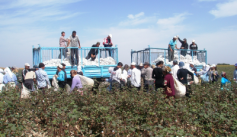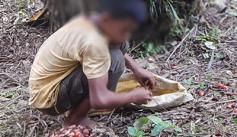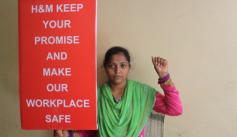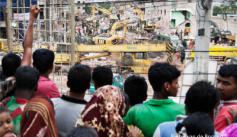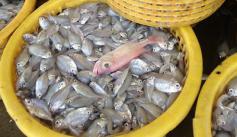To the Members of the National Ocean Council Committee on IUU Fishing and Seafood Fraud (NOC Committee):
Thank you for the opportunity to comment on the proposed rule on establishing filing and recordkeeping procedures relating to importation of certain fish and fish products. As a coalition of non-profit organizations and advocacy groups dedicated to the eradication of all forms of modern-day slavery and worker exploitation, including human trafficking, in the seafood industry we have a strong interest in the establishment of more robust, effective traceability mechanisms.
